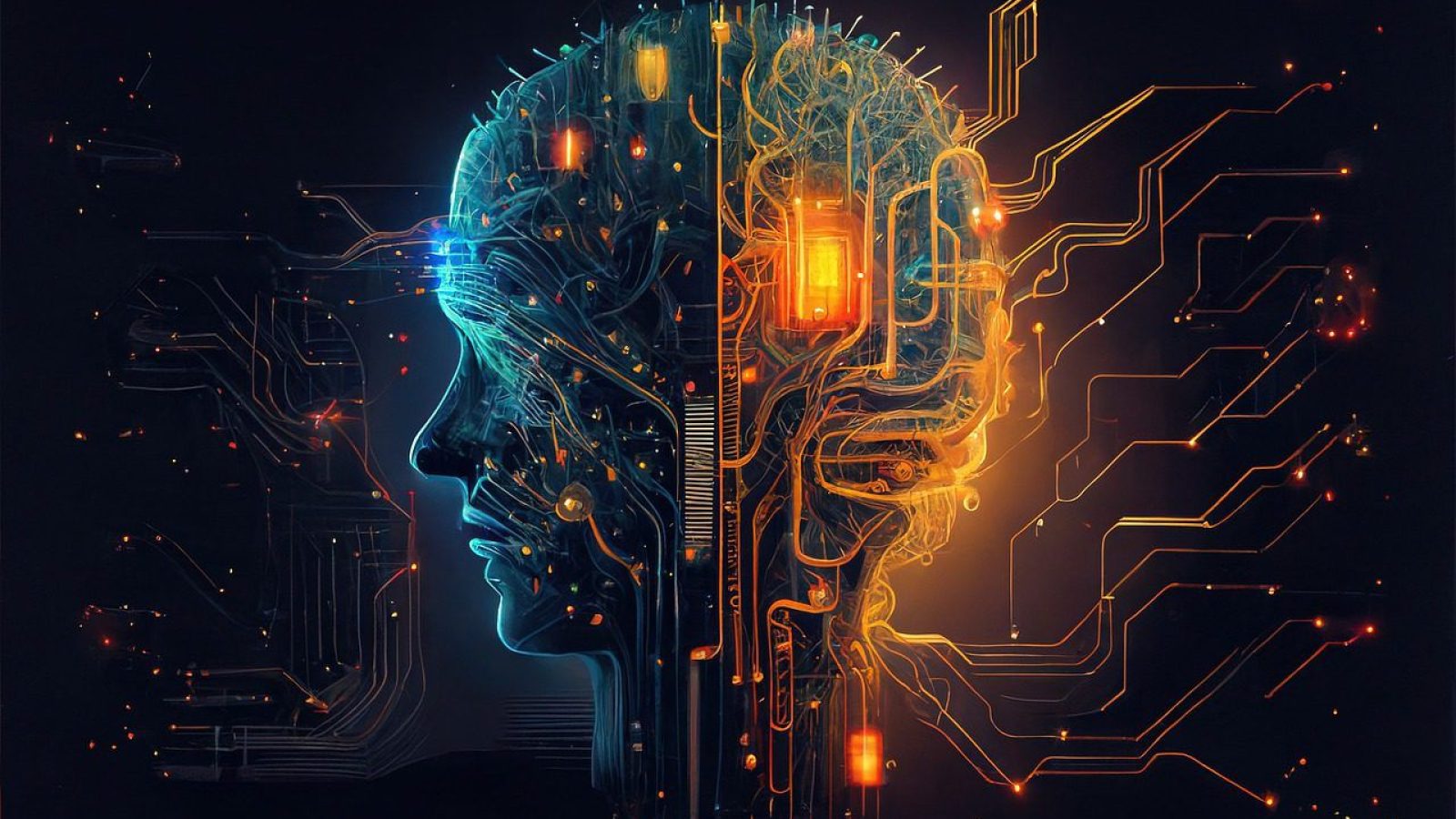An Australian intelligence agency is funding research to merge artificial intelligence with human brain cells.
The Office of National Intelligence (ONI) awarded a research team, led by Monash University and Cortical Labs, a $600,000 grant to create brain cells capable of playing a video game.
The research team won the ONI and Department of Defence National Security Science and Technology Centre grant because of the “need” to create a new type of “machine intelligence.”
Monash University scientists named the Frankenstein-like creation the “DishBrain.”
According to New Atlas, the DishBrain is “a semi-biological computer chip with some 800,000 human and mouse brain cells lab-grown into its electrodes.”
“Demonstrating something like sentience, it learned to play Pong within five minutes,” the outlet added.
https://twitter.com/backtolife_2023/status/1683508089247395842
New Atlas reports:
The micro-electrode array at the heart of the DishBrain was capable both of reading activity in the brain cells, and stimulating them with electrical signals, so the research team set up a version of Pong where the brain cells were fed a moving electrical stimulus to represent which side of the “screen” the ball was on, and how far away from the paddle it was. They allowed the brain cells to act on the paddle, moving it left and right.
Then they set up a very basic-reward system, using the fact that small clusters of brain cells tend to try to minimize unpredictability in their environment. So if the paddle hit the ball, the cells would receive a nice, predictable stimulus. But if it missed, the cells would get four seconds of totally unpredictable stimulation.
It was the first time lab-grown brain cells had been used this way, being given not only a way to sense the world, but to act on it, and the results were impressive.
Australian DishBrain team wins $600,000 grant to merge AI with human brain cells https://t.co/HuLEwhXU8C
— Guardian Tech (@guardiantech) July 21, 2023
Adeel Razi, associate professor from the university’s Turner Institute for Brain and Mental Health, said the ghoulish research “merges the fields of artificial intelligence and synthetic biology to create programmable biological computing platforms.”
The Guardian noted where this research could lead in the future:
The researchers wrote in an article, published in the science magazine Neuron, that a synthetic biological intelligence “previously confined to the realm of science fiction” could be within reach.
Razi said the team won the ONI and Department of Defence National Security Science and Technology Centre grant because a new type of machine intelligence that could “learn throughout its lifetime” was needed.
Such intelligence would improve machine learning for technology including self-driving cars, autonomous drones and delivery robots, he said.
“This new technology capability in the future may eventually surpass the performance of existing, purely silicon-based hardware.
“The outcomes of such research would have significant implications across multiple fields such as – but not limited to – planning, robotics, advanced automation, brain-machine interfaces, and drug discovery, giving Australia a significant strategic advantage.”
Brains are good at lifelong learning, which is needed to gain new skills, adapt to change, and apply existing knowledge to new tasks, while artificial intelligence suffers from what researchers call “catastrophic forgetting”. AI forgets information from previous tasks when it starts new ones.



Join the conversation!
Please share your thoughts about this article below. We value your opinions, and would love to see you add to the discussion!